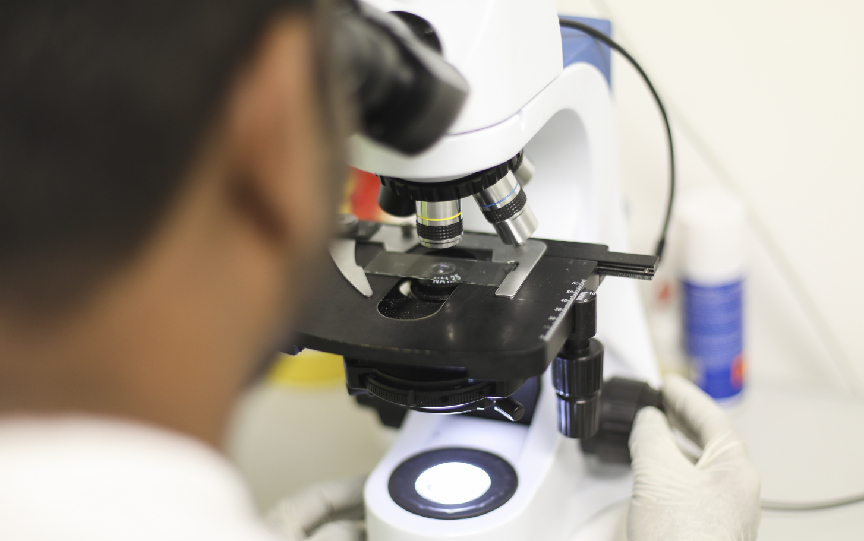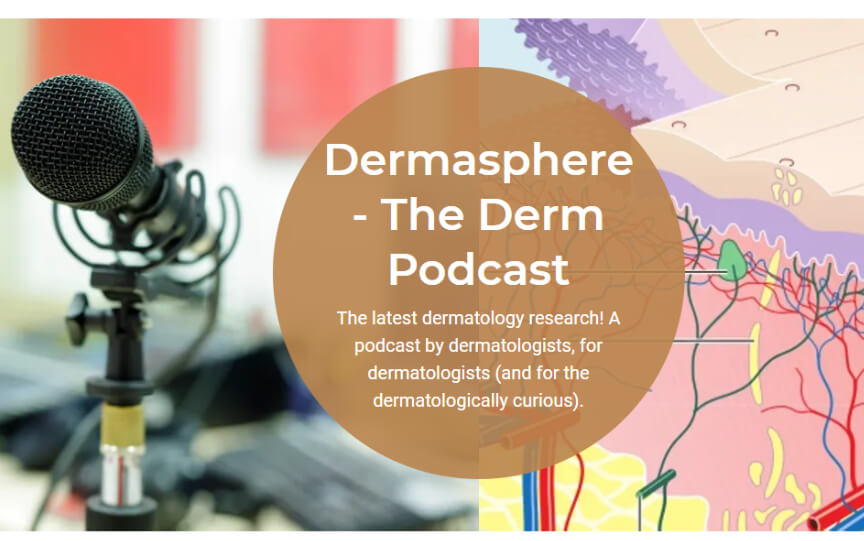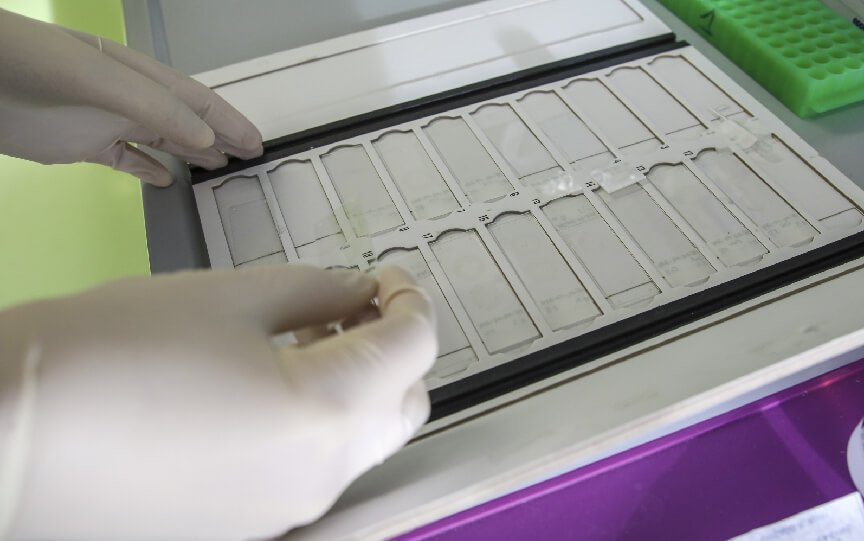Hair Follicle Chemosensation: TRPM5 Signaling Is Required for Anagen Maintenance
Being able to sense and process environmental cues is among the most fundamental requirements of life and thus not only restricted to the specialized cells that we use to smell and taste. In fact, a team of scientists from Monasterium Laboratory, the University of Miami (USA) and the University […]








